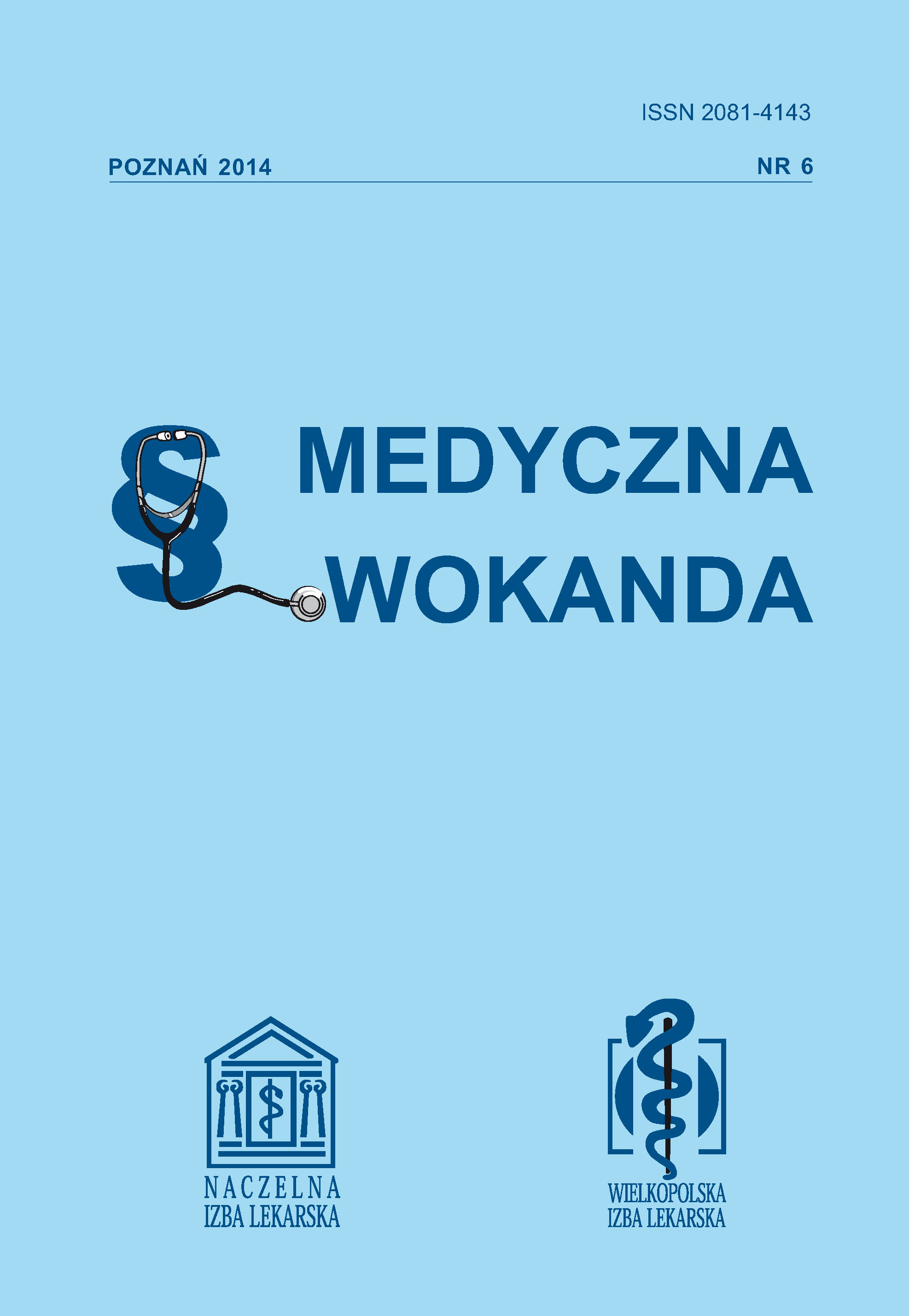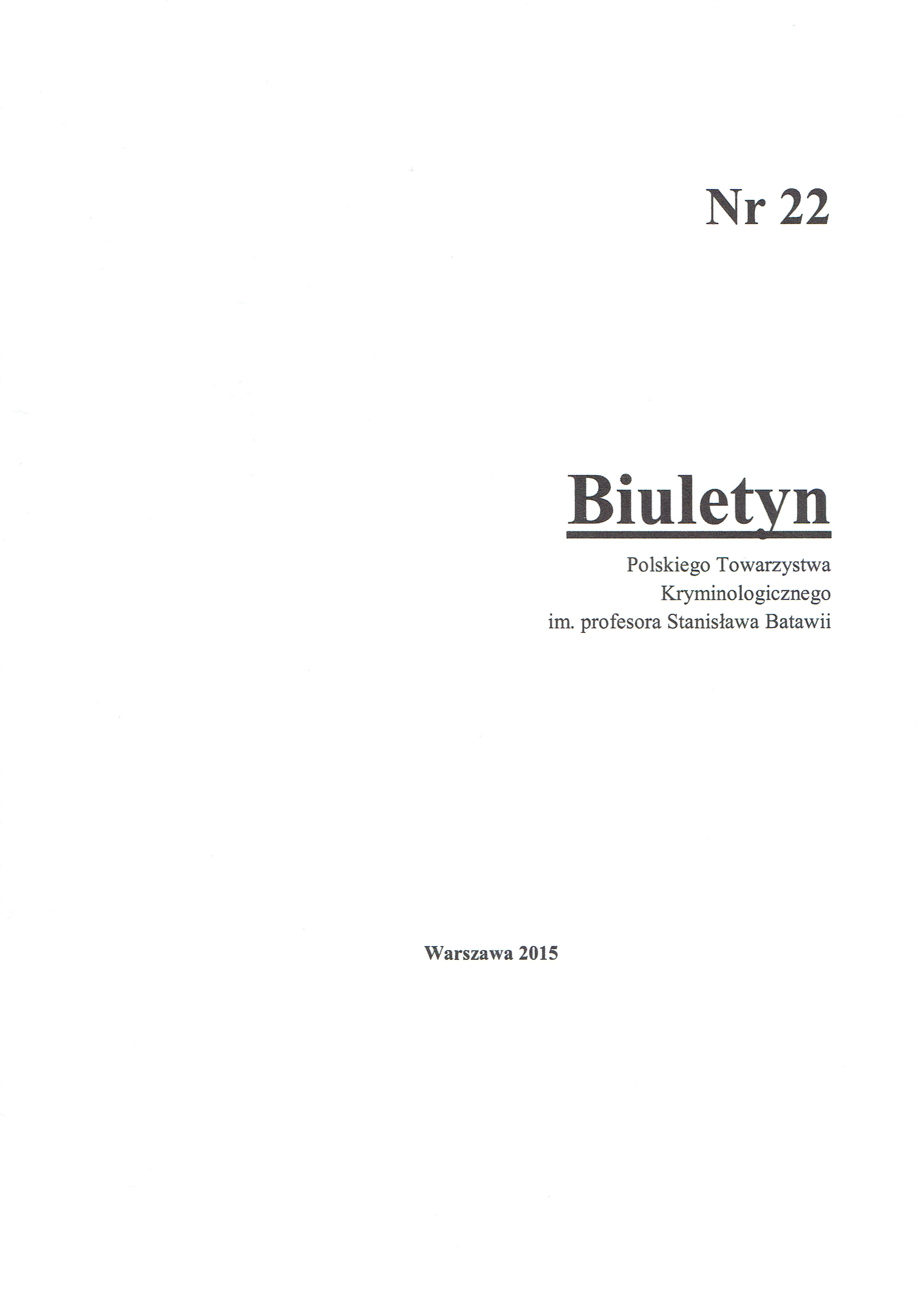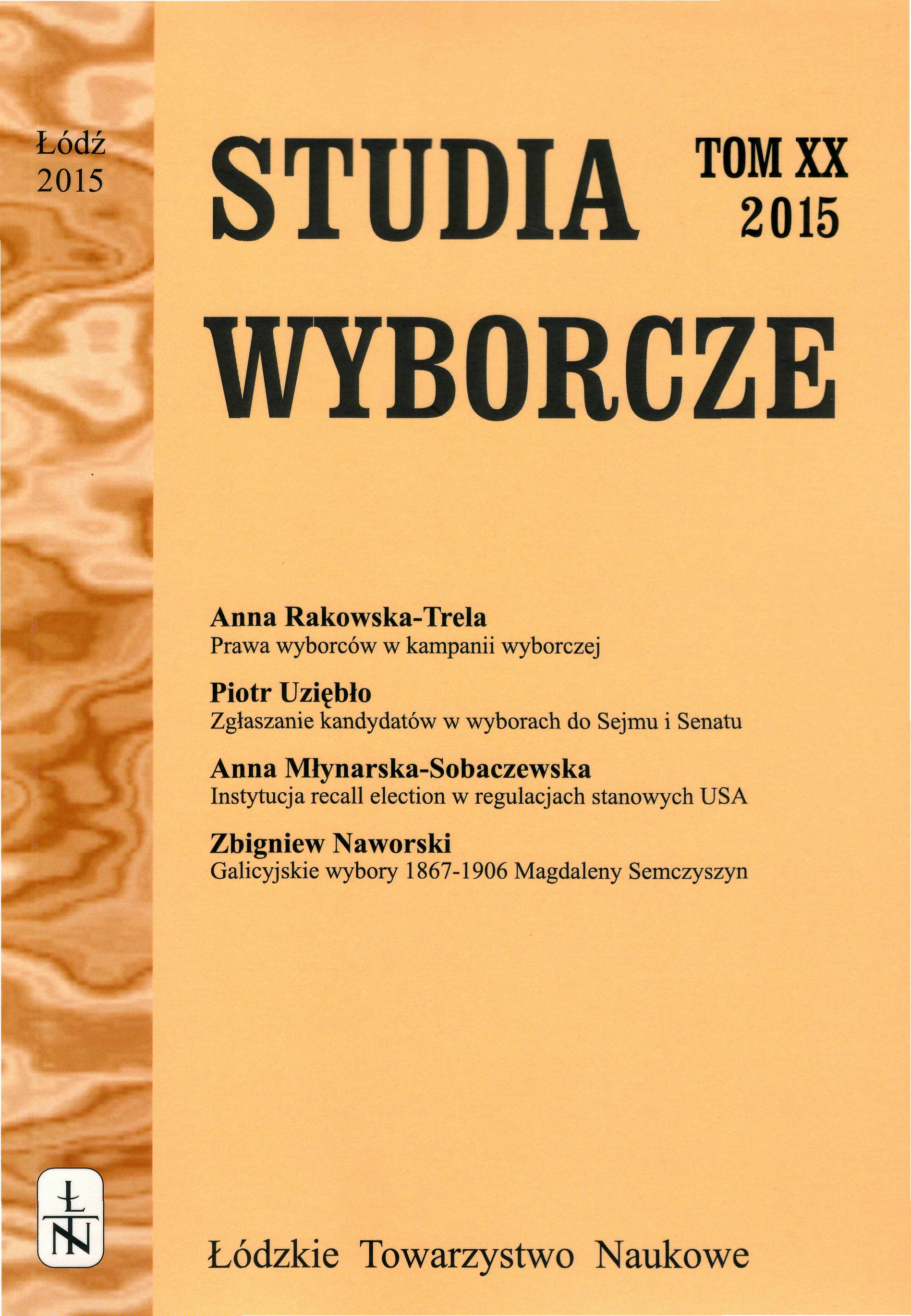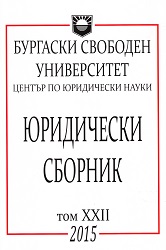
Pomoc chorym w stanach terminalnych. Komentarz do art. 30–32 Kodeksu etyki lekarskiej
Art. 30–32 of the Code of Medical Ethics (CME) are standards defining ethical medical assistance to patients in the terminal stages. Knowing these ethical standards is essential for everyphysician. It should be emphasized, however, that the rules for granting such aid are associatedwith large uncertainties due to the fact that medical assistance is intended to patients who „are at the end of their lives”. The existing regulations cause a lot of controversy. On the one hand,the rules of the Law on the medical profession require saving the life of a dying patient, on theother hand exempt the physician from the obligation of initiating and performing resuscitationor persistent medical treatment, or exceptional measures for patients in the terminal stages. TheAct on the medical profession also fails to regulate the cessation of the so called futile (persistent)treatment. The absence of explicit regulation also results in a clear admission of voluntary passive euthanasia and the indirect euthanasia, on the basis of Art. 30 CME.
More...



